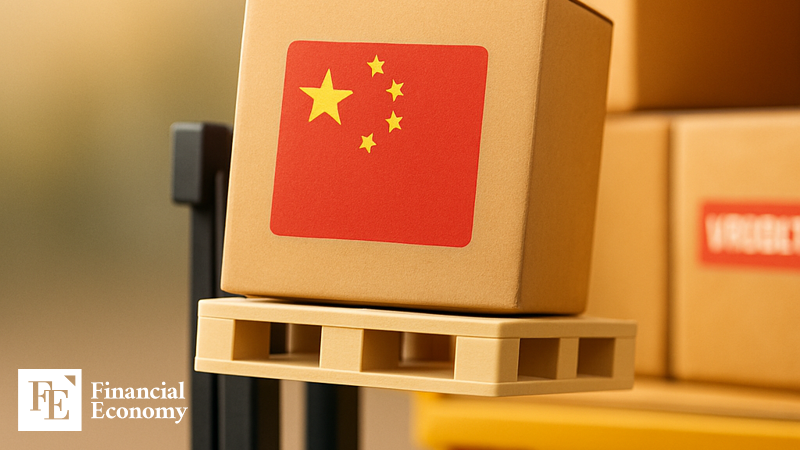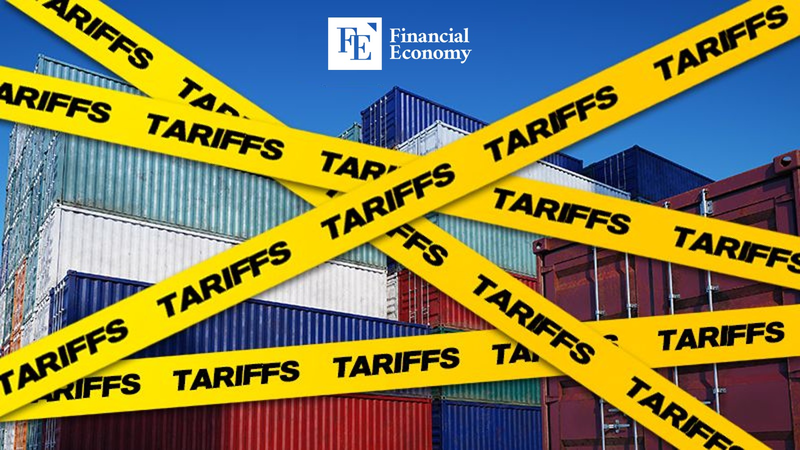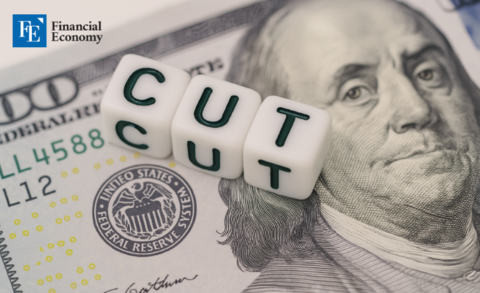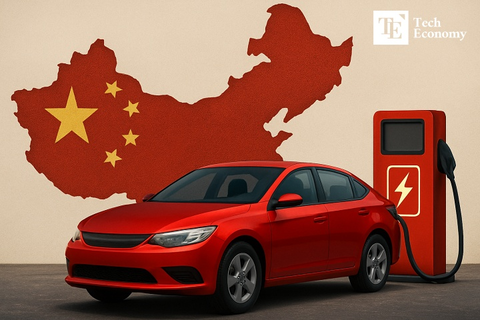The Shadow of Trump’s High Tariffs on China: U.S. Online and Offline Retail on High Alert
Input
Modified
Small businesses face a double burden of "supply shortages and demand loss." Low-cost platforms like Amazon are also hit by the tariff shock. Ongoing discord between the two countries deepens market turmoil.

As the U.S. implements steep tariffs on Chinese imports, small businesses and retail platforms within the country are emerging as the first casualties. Chinatowns and online sellers reliant on low-cost Chinese goods are facing a crisis as their profit structures collapse. Amid this, trade talks between the U.S. and China remain at an impasse, further intensifying market uncertainty.
Warning signs of collapse in low-cost supply chains
Skepticism is growing among U.S. entrepreneurs about the Trump-era “reshoring” policy aimed at reducing dependence on Chinese goods. According to Viahart founder Molson Hart, efforts to relocate production to the U.S. have largely failed due to cost—local manufacturers often quote prices more than double those of Chinese suppliers. Similarly, Chinatown businesses in major cities like New York and San Francisco, long dependent on Chinese imports, are now unable to maintain price competitiveness. Local vendors say that either no alternatives exist or domestic replacements are prohibitively expensive.
Community leaders warn of ripple effects throughout immigrant-run urban economies. Wellington Chen, Executive Director of the Chinatown Partnership, stated the tariffs would have “lasting and devastating impacts” on Chinese American communities—potentially worse than post-9/11 disruptions. With few viable alternatives for procurement, many small businesses are expected to face a dual crisis of supply shortages and declining demand.
Online platforms hit hard by tariff shock
The fallout extends beyond brick-and-mortar shops. Major online platforms like Amazon, which rely heavily on low-cost Chinese goods, are particularly vulnerable. Many marketplace sellers source directly from Chinese manufacturers and use direct shipping or local warehouses to maintain low prices. With tariffs driving up product costs, sellers face a choice between absorbing losses or raising prices—both of which threaten their survival.
As prices rise, sellers are reducing product lines and cutting services like free shipping. Even those seeking alternative suppliers find that higher production costs erode their competitiveness within Amazon’s price-sensitive ecosystem. Consumers, accustomed to bargain hunting via lowest-price filters, are increasingly likely to turn away from more expensive listings—especially in high-volume categories like baby products, household goods, and electronics accessories.

Mounting fears of prolonged trade conflict
Meanwhile, the U.S.-China trade conflict is escalating. The U.S. justifies the tariffs as a defense against unfair trade practices, while China denounces them as a breach of the Phase One trade deal signed in 2020. Beijing’s Ministry of Commerce recently demanded the U.S. uphold its previous commitments, stating the new tariffs undermine the spirit of that agreement.
This diplomatic standoff is now causing real market instability. With no end to tariffs in sight, companies are scrambling to rework their supply chains and procurement strategies amid growing uncertainty. Many are delaying new contracts and investment decisions due to a lack of clarity.
The broader concern is that U.S. tariff policy has shifted from a tool to reduce trade deficits to a lever in a geopolitical power struggle. The U.S. Trade Representative has hinted at further tariff hikes, citing China’s industrial subsidies and intellectual property practices. China is expected to retaliate in kind. As tit-for-tat measures continue, the loss of policy consistency is eroding trust, and the cycle of tariffs and countermeasures is seen as a major roadblock to market recovery.





















